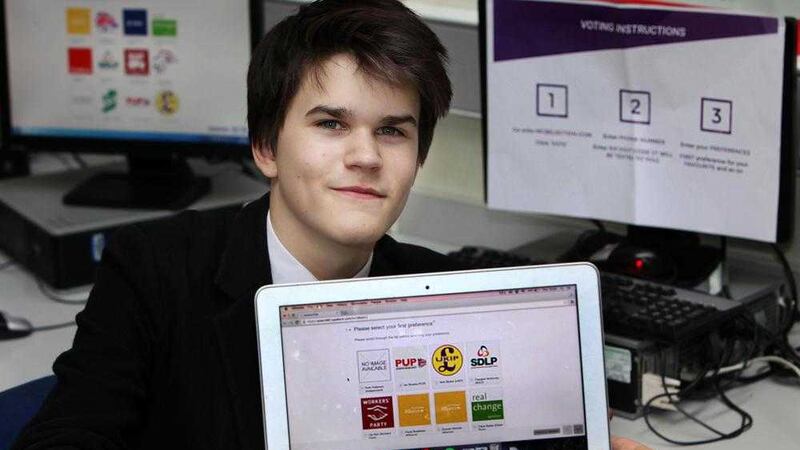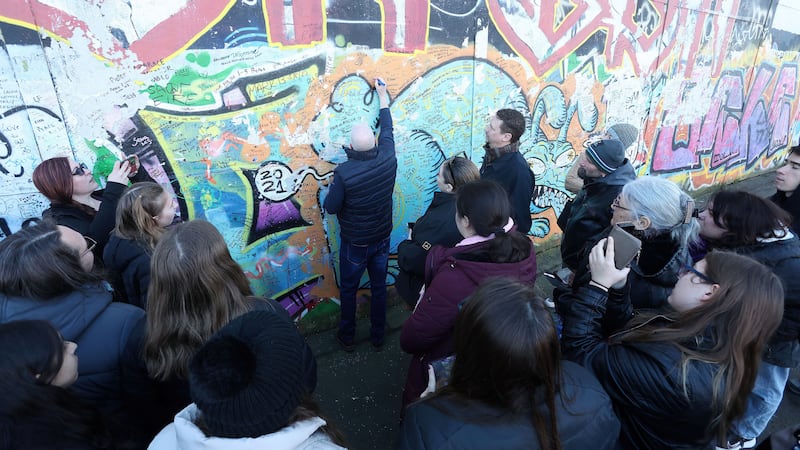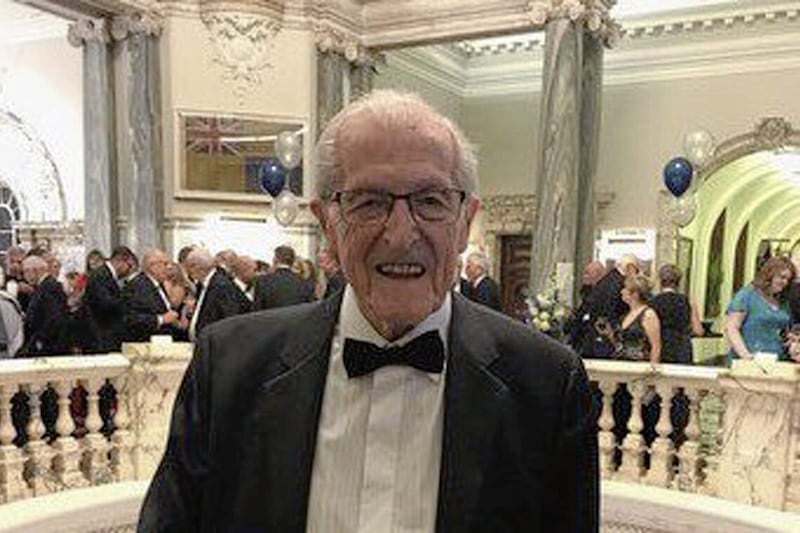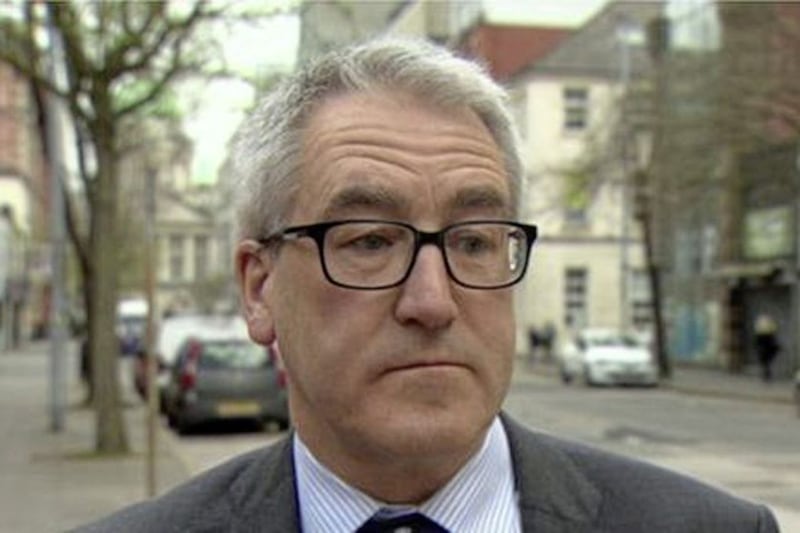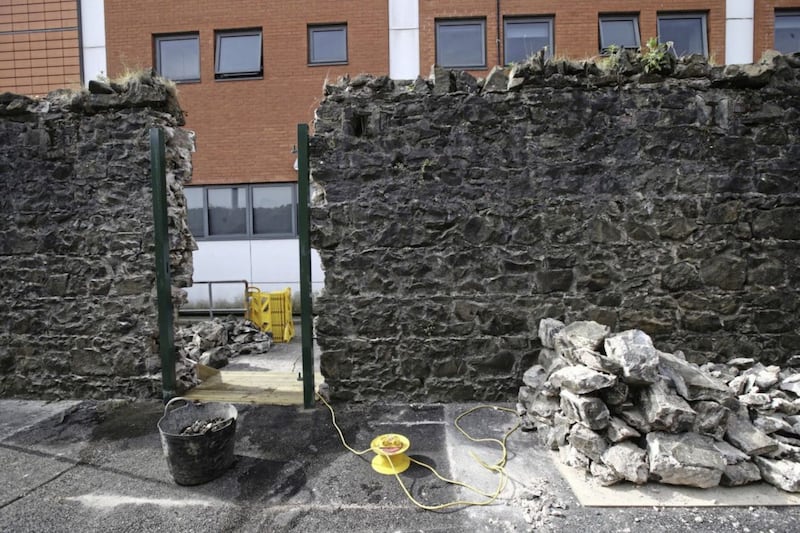A schoolboy has developed a computerised voting system that he believes could boost turn-out and reduce fraud while at the same time providing instant results.
Adam Flanagan (14), a Year 4 student at Belfast's Methodist College, designed and wrote his program as part of an after-schools project.
Yesterday he put his electronic voting system to the test with 1,000 of his fellow pupils in a mock election.
Each Methody pupil in years 1-4 received a text which enabled them to log in to a website and cast their vote for the 18 candidates running in the South Belfast constituency.
While Adam has yet to refine his software to count beyond first preference votes, the result was known within seconds of voting closing yesterday afternoon.
The young programmer believes his patent-pending polling system has real potential and could boost flagging turn-out.
"I find the traditional pencil and paper system antiquated and it's especially off-putting for younger voters," he said.
"I think my system would make voting more appealing, reduce electoral fraud by preventing people from voting twice, and it provides instant results."
Adam hopes to develop his as yet unnamed e-voting system further and is optimistic it will help secure him a career in computing, and particularly the field of artificial intelligence.
Computerised voting is potentially faster and more efficient than the ballot paper and manual counting used in most elections, but only the former Soviet state of Estonia has fully embraced the concept.
The authorities in the Republic experimented with electronic voting machines in 2002 but plans were put on hold in 2004 after public opposition and political controversy.
In Northern Ireland, the Electoral Office has piloted mechanised counting of ballot papers but has ruled out computerised polling.
Chief electoral officer Graham Shields told The Irish News that an electronic voting system is unlikely to be introduced in the near future.
"There's an increasing expectation among young people that voting should be more accessible and as easy as possible but electronic voting isn't on our agenda at the moment," he said.
"The challenge is maintaining the openness and integrity of the system and ensuring people have confidence in the technology."
A spokesman for the Electoral Commission, which regulates elections in the north, said: "The commission believes that voter choice is important to encourage participation, however, the security of any proposal to introduce e-voting voting would need to be properly assessed before any decision is taken to introduce it.
"That doesn’t mean that e-voting shouldn’t be a part of any coherent future modernisation strategy."
